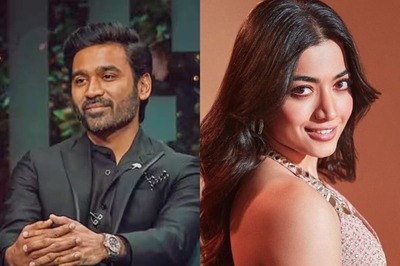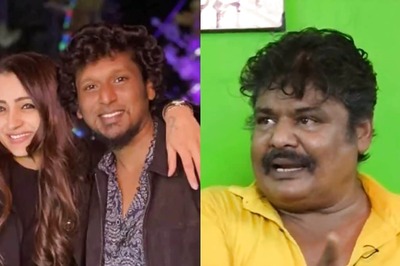Rocky Aur Rani... Writer Ishita Moitra On Film's 'Preachy' 2nd Half: 'That Was Intended' | Exclusive

views
Karan Johar’s latest release Rocky Aur Rani Kii Prem Kahaani starring Ranveer Singh and Alia Bhatt has been performing fairly well at the box office. The filmmaker has been receiving heaps of praises for bringing back the quintessential Bollywood romance interlaced with family love. The chemistry between the lead pair including the use of yesteryear musical pieces and the repartees have also struck a chord with the audience. What has also grabbed attention is the second half of the film that touches upon the themes of misogyny, patriarchy, gender inequality, wokeness and cancel culture. While some believe that it has rendered Rocky Aur Rani Kii Prem Kahaani a new-age vibe, others have opined that it has made the film look quite “preachy” and “melodramatic”.
In an exclusive conversation with News18, dialogue writer Ishita Moitra shares her thoughts on the polarised reaction to the second half of the film. “We knew that it was going to be a rom-com in the first half and a family drama in the second. Once they go to each other’s houses, it becomes like a fish out of water situation for both of them. And considering where they individually come from, it’s an uphill task to deal with the family members,” she tells us. For the unversed, Rocky and Rani switch families to convince them that they are indeed the perfect fit for one another only to realise that they belong to contrasting cultures, backgrounds and ideologies.




















Comments
0 comment